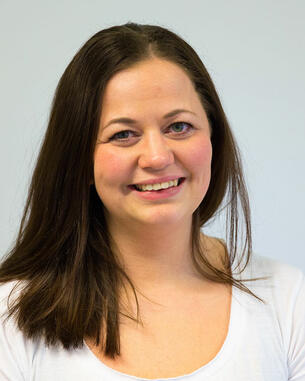Maren Skjelstad Fredagsvik will defend her dissertation for the degree of philosophia doctor (PhD) in the program pedagogical resources and learning processes in kindergarten and school.
Read the dissertation: «Supporting students’ creativity in primary science education: Classroom practices and teacher» (hdl.handle.net)
Summary in English
Creative competence is an important part of the knowledge, skills, and attitudes citizens need in the future society. As education plays an important part in helping students to meet the unpredictable demands of the future, schools play an important role in developing students’ creativity.
The objective of the Ph.D. thesis is, therefore, to examine how creativity can be facilitated in primary science education by exploring essential aspects of creativity and different aspects that contribute to the development and strengthening of students’ creativity.
The research is conducted in a Norwegian primary school where three classes (fifth and sixth grade) were filmed during the work on a three day long creative open-ended project in science. The video-observations focused on how the students came up with and further built their creative ideas, and how the teachers interacted with the students during the development of creative ideas. The teachers were also interviewed about their conceptions and thoughts on creativity in science education.
A synthesis of the findings from the observations and interviews resulted in the identification of three conditions for facilitating creativity in primary science education.
First, students in this study showed great creative potential which is in risk of being squandered in the classroom. Teachers and researcher, therefore, need to realise and capitalise on the students creative thinking abilities in the education.
Second, teachers found it challenging to support the students’ creativity by providing sufficient freedom and structure, which resulted in the teachers trying to control and steer the students’ creative process. To facilitate students’ creativity, a shift in thinking towards a more collaborative student-teacher interaction is needed.
Third, increasing teachers’ creative self-efficacy is needed if they are to facilitate and support students’ creativity in the classroom.